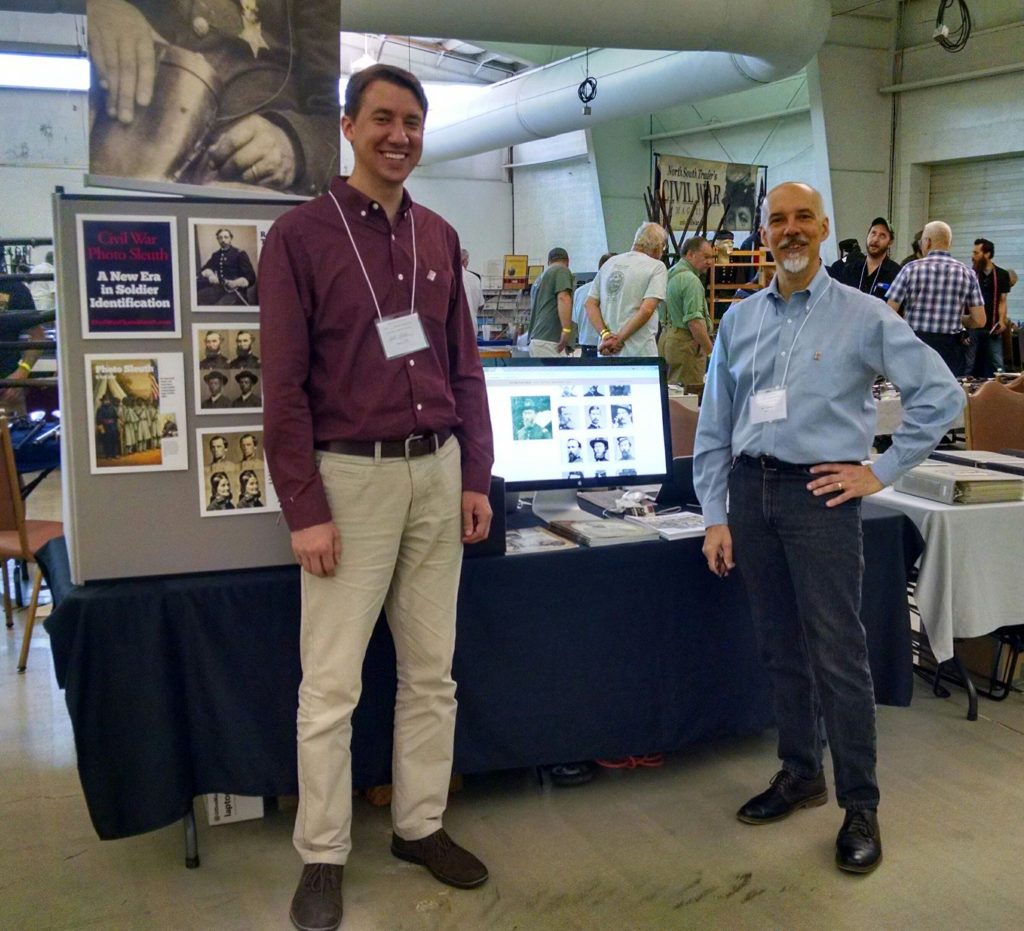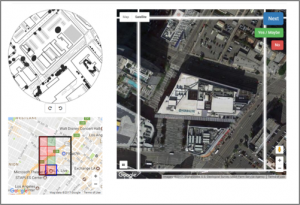 Our full paper on using crowdsourcing and diagramming to support image and video geolocation was accepted for the HCOMP 2017 conference in Québec City, Canada. Only 29% of paper submissions were accepted for this competitive crowdsourcing conference. Congrats to MS Computer Science alumna Rachel Kohler and BS Computer Science alumnus John Purviance, the first and second authors of the paper, respectively.
Our full paper on using crowdsourcing and diagramming to support image and video geolocation was accepted for the HCOMP 2017 conference in Québec City, Canada. Only 29% of paper submissions were accepted for this competitive crowdsourcing conference. Congrats to MS Computer Science alumna Rachel Kohler and BS Computer Science alumnus John Purviance, the first and second authors of the paper, respectively.
Here’s the abstract for the paper:
Geolocation, the process of identifying the precise location in the world where a photo or video was taken, is central to many types of investigative work, from debunking fake news posted on social media to locating terrorist training camps. Professional geolocation is often a manual, time-consuming process that involves searching large areas of satellite imagery for potential matches. In this paper, we explore how crowdsourcing can be used to support expert image geolocation. We adapt an expert diagramming technique to overcome spatial reasoning limitations of novice crowds, allowing them to support an expert’s search. In two experiments (n=1080), we found that diagrams work significantly better than ground-level photos and allow crowds to reduce a search area by half before any expert intervention. We also discuss hybrid approaches to complex image analysis combining crowds, experts, and computer vision.
The full version of the paper can be read here.
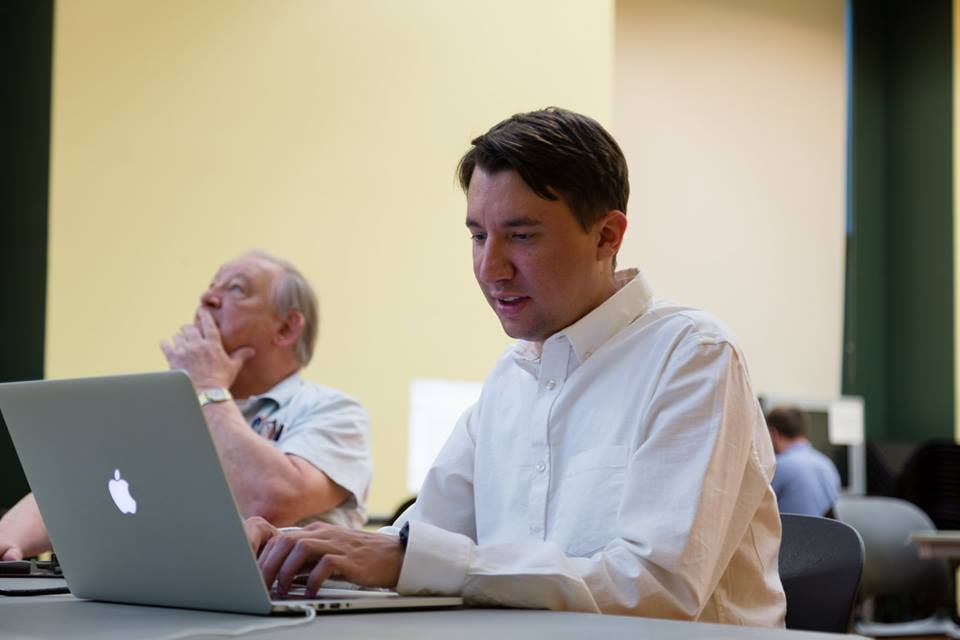

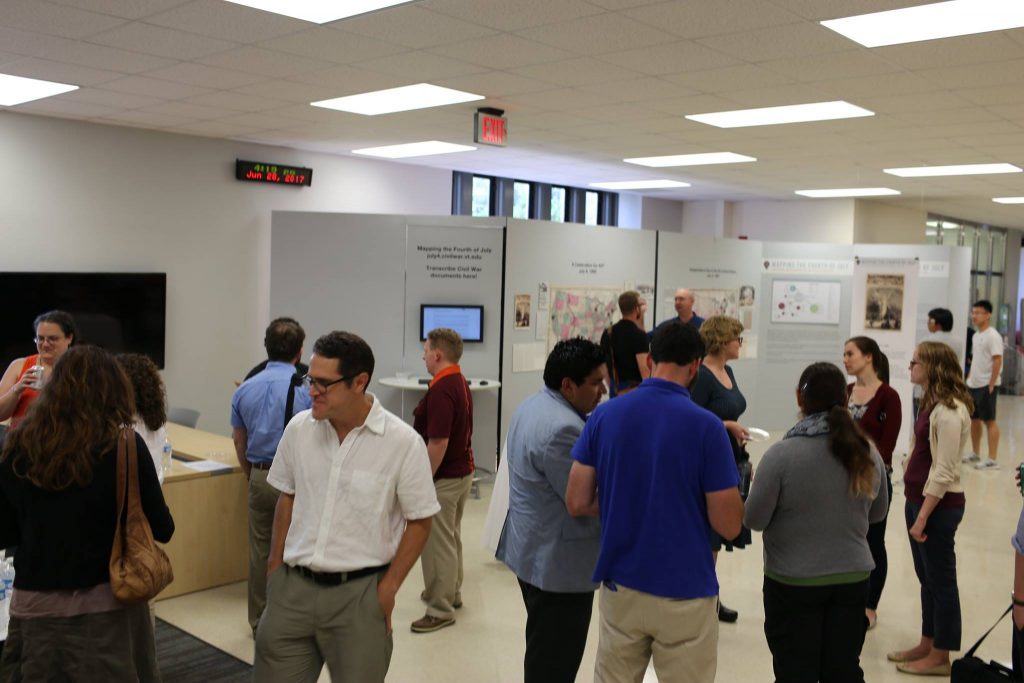

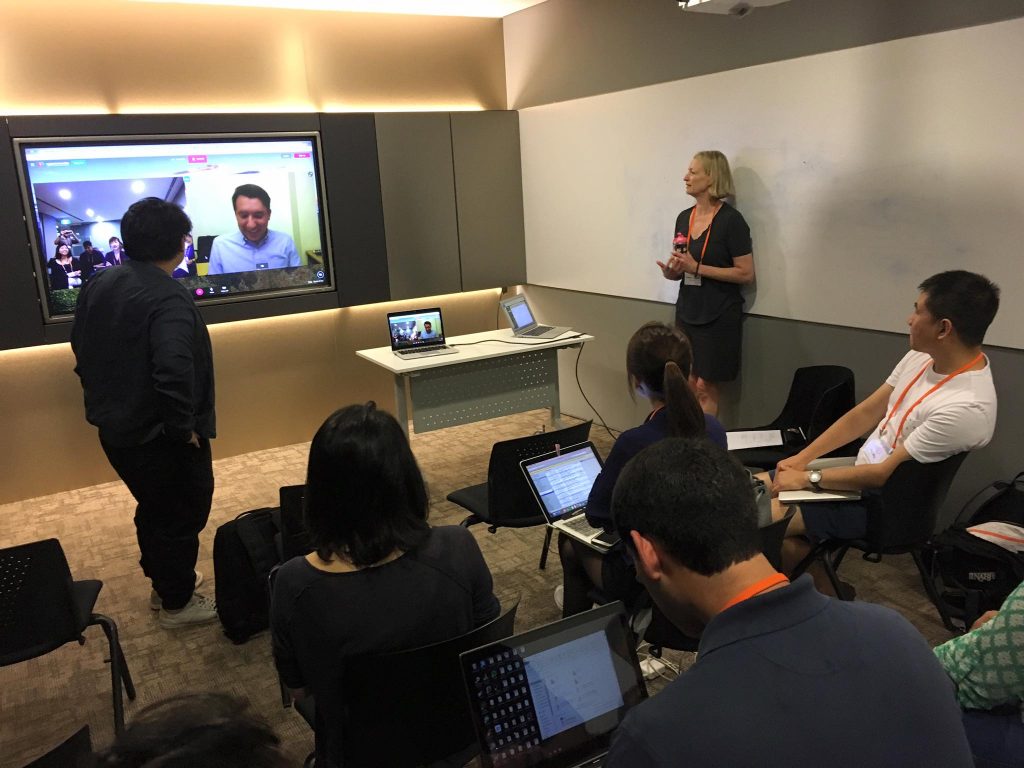
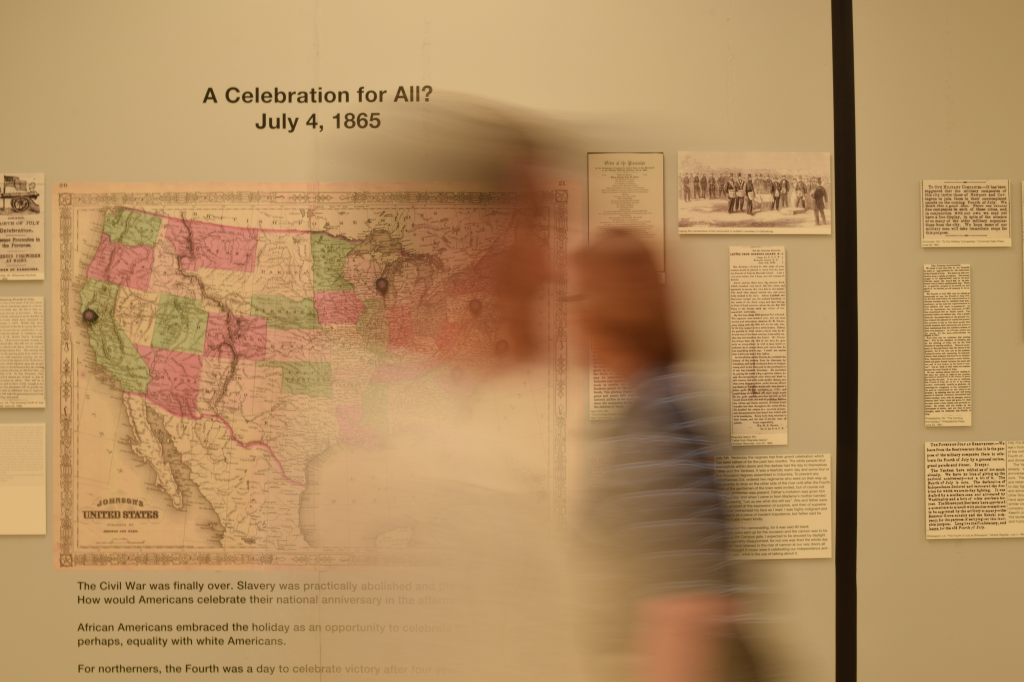
 Our full paper on using crowdsourcing and diagramming to support image and video geolocation was accepted for the
Our full paper on using crowdsourcing and diagramming to support image and video geolocation was accepted for the 